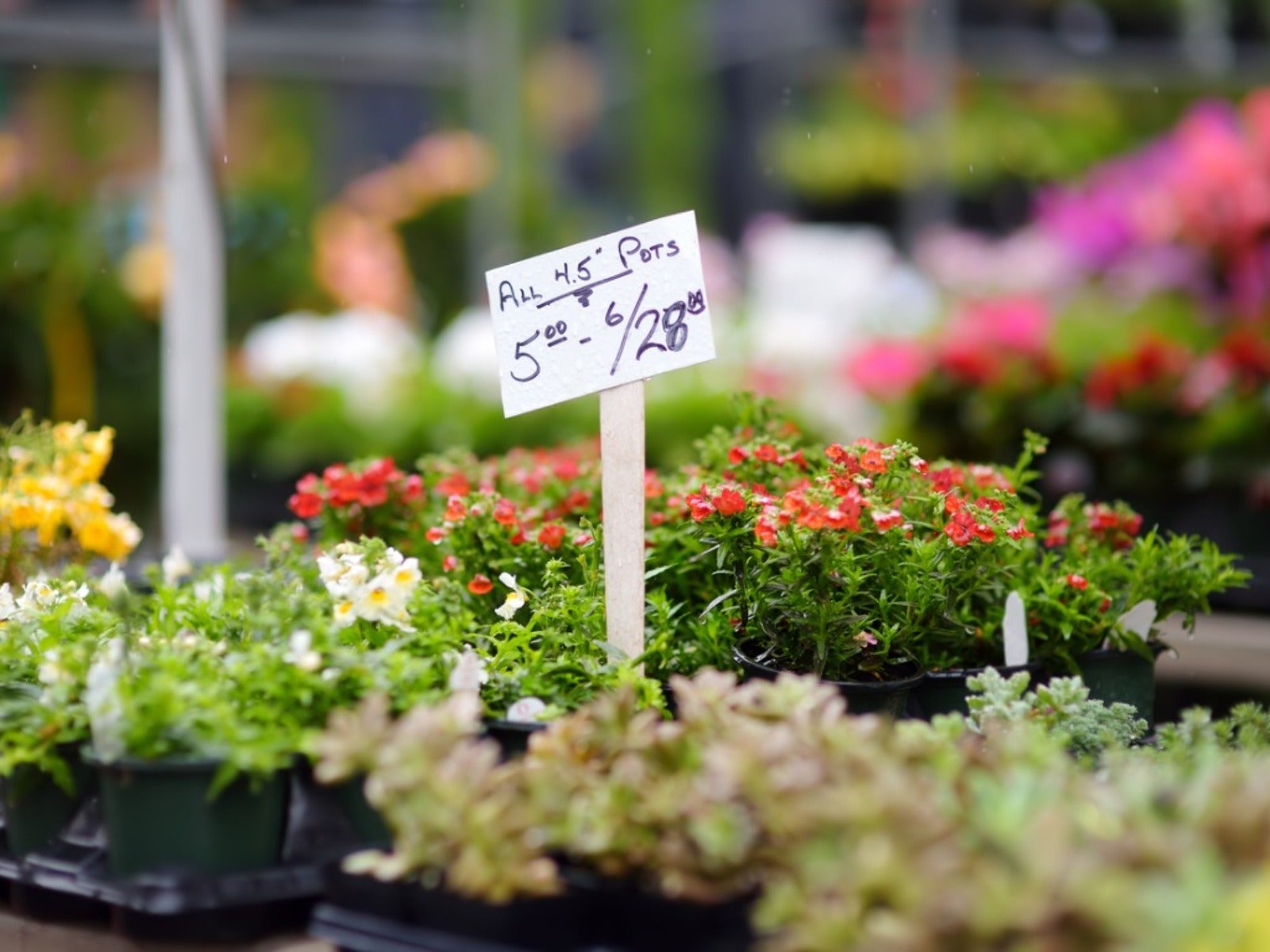Do You Need A License To Sell Plants From Home?

Are you an avid gardener who often has more plants than you can handle, or are you a whiz at propagation and again, end up with more plants than you know what to do with? If so, you may have thought of selling your surfeit... but it isn’t quite that simple. Sales of almost everything are regulated in one way or anothe,r so before you try selling, ask yourself “do I need a license to sell plants online or from home?” Can I even sell this particular plant, or is it covered by a plant patent? If you are interested in selling plants, read on to learn the legalities surrounding plant sales from home or online.
What to Know Before Selling Plants
Farmer’s markets are trendy and can be found in most cities of any size. Sellers are usually small scale farmers or even individual growers. Regardless, they must follow a strict set of rules to sell their produce. The same holds true if you want to sell plants online or from home. Plants, like other products, are often protected by plant trademarks or a plant patent. A home grower wishing to sell may also need to get a nursery license to legally resell their plants.
Plant Patents and Trademarks
In the United States, inventions -- including those related to new technology or new organisms -- are protected by patents, trademarks and copyrights, referred to as individual property rights. In the case of plants (new organisms) the seller must make sure that there are no intellectual property rights associated with the plant they wish to sell.
The owner of these rights, the plant breeder, may control their use and may earn rewards (often money) for their use. Plant patents are given to inventors of new or distinct cultivars that have been asexually reproduced. This protection means that no one can reproduce the plant without agreeing to terms set forth by a licensing agreement. Plant patents protect the breeder for 20 years.
How Will You Know?
How do you determine if a plant is protected by a patent? The owner of the patent does not have to label the plants as such. However, when you buy a plant from a nursery they will know it is patented because they must pay a royalty fee. That, in turn, increases the price of the plant.
This will be indicated on the label for the plant. It will say PP for “plant patent” followed by a series of numbers, or PPAF meaning “plant patent applied for.”
If you disregard a patent, repercussions may include monetary penalty or legal action.
Gardening tips, videos, info and more delivered right to your inbox!
Sign up for the Gardening Know How newsletter today and receive a free copy of our e-book "How to Grow Delicious Tomatoes".
Avoid Selling Banned Plants
Along with avoiding the sale of patented plants, you should refrain from selling banned plants. These include marijuana in some states, as well as the opium poppy. No plants on the federal endangered species list should be sold, or those on the invasive species list.
Do you Need a License to Sell Plants?
This depends on the state whether you need a license to sell plants. Every state is different. In California for instance you only need a permit to sell outdoor plants and seeds. In Florida, however, all plant sales require a license. Check with your state’s Department of Agriculture to see what the rules are.
As far as selling plants online, it depends on the state. In Washington state you will need either a nursery dealer license or plant sale permit. Check with your state to verify the rules.
How to get a Plant Nursery License
Using the example of Washington state again, a nursery license is needed, in addition to a business license that allows you to sell horticultural plants in Washington state. The cost of the license varies and depends upon whether your business is retail or wholesale. Fees are based on your gross sales. The license must be renewed each year.
In some states even a temporary nursery license is needed for non-profits to hold a sale.
Each state has different rules. Some plants are covered under the state’s nursery license and some are not. Your state’s Department of Agriculture can provide you with the rules and fine print.

Amy Grant has been gardening for 30 years and writing for 15. A professional chef and caterer, Amy's area of expertise is culinary gardening.